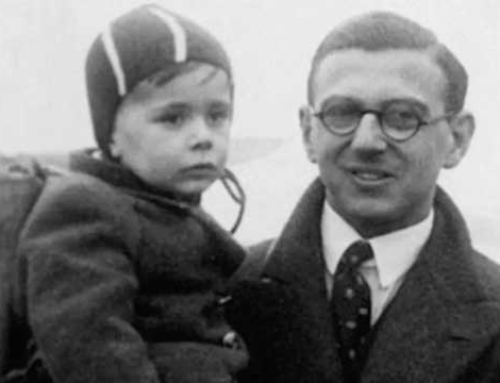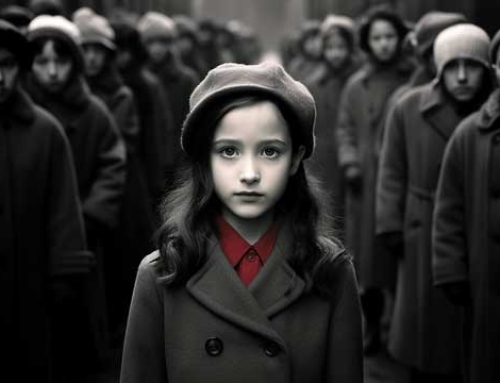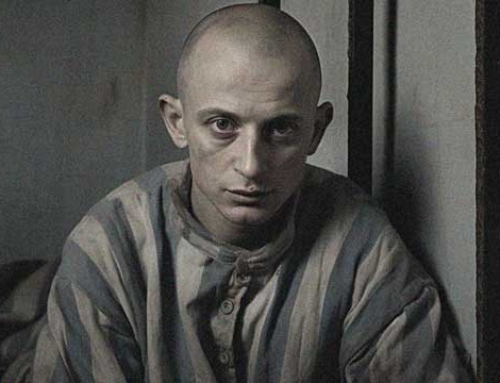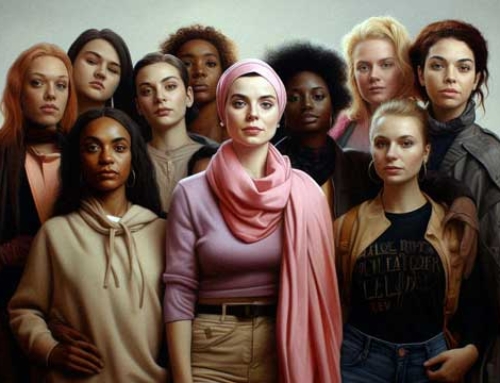In Afghanistan, where the mountains are high and freedoms are low, women fight every day for their rights. Since the Taliban’s return, it’s as if the clock has been turned back. Women like Ayesha, a grandmother who wants to send her granddaughter to school, are caught between the Taliban’s rules and their own dreams for the future.
In the Bamiyan Valley, where memories of the Taliban are still fresh, there’s a woman, Hamida, who secretly teaches girls. She shows that the will to learn and advance cannot simply be erased. It’s a quiet protest, but with a loud echo.
Then there’s Farzana, a teenage girl from Herat, whose only wish was to go to school. Under the starry sky, she whispers her wishes, knowing that morning will remind her of the harsh reality that her classrooms are closed. Her brothers are allowed to learn, grow, and dream, while she watches her youth slip away in a world that offers her no opportunities.
Imagine a young woman, Latifa, who once dreamed of becoming a doctor to serve her community in Kabul. Under the Taliban regime, her dreams have turned into nightmares. She is now confined to the four walls of her home, her medical books gathering dust. The fear in her eyes is palpable when she speaks of the future – a future where she may never get the chance to save the lives for which she studied so hard.
In a small village in the shadow of the Hindu Kush, lives Amina, a widow who once earned her living by weaving beautiful carpets. Since the Taliban’s return, her art is forbidden, her skills deemed worthless. With tears in her eyes, she tells how she saw her youngest son steal bread, so desperate was he for hunger. The despair in her voice is a silent witness to the devastating impact of the regime on the most vulnerable.
Then there’s Jamila, a widow who depends on aid. But that aid doesn’t always come. Aid organizations are in a tough spot: they want to help, but not at any cost. They want to hold on to their principles of equality, but that’s not easy in a country where the Taliban rule.
The situation for women is truly critical. They once had hope for a better life, but now that hope is hard to find. It’s a race against time to not lose the progress of the last twenty years.
True Stories from Afghanistan
These real stories of some Afghan women show how strong they are. They want to move forward, despite everything. But they also show how difficult the situation is. It’s not just the fault of the Taliban. The entire international policy plays a role. The West doesn’t really know what to do with Afghanistan. Good intentions don’t always lead to good outcomes.
These women show incredible resilience. They fight for a better future, for themselves and for their children. And while the Taliban may try to turn back time, they can’t erase the memories of freedom.
We hope the world finds a way to help these women without betraying its own values. And that the women of Afghanistan continue to find the courage to stand up for themselves. Because education is not just a right, but also a key to change. And that change is sorely needed.






